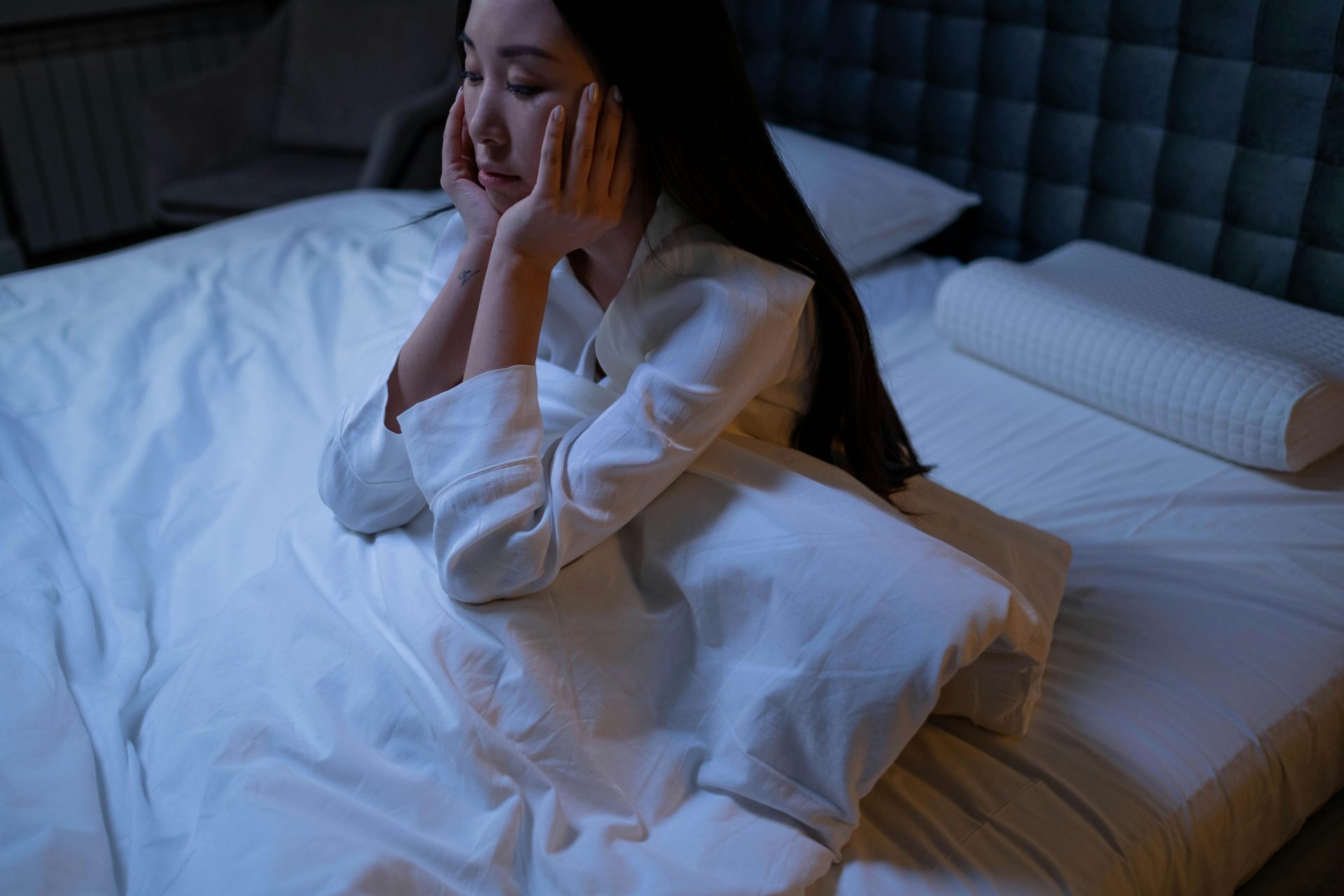
Sleep is an essential pillar of health, impacting every aspect of daily life. Yet, millions of people struggle with sleep disorders that lead them to seek relief through various forms of medication. While traditional sleep aids like prescription drugs can be effective, they often come with a host of side effects and the potential for dependency. With more research emerging on the benefits of cannabis for sleep, many people are considering this natural alternative to replace or supplement their current sleep medications. In this guide, we’ll dive into how medical marijuana can serve as an effective sleep aid and explore the best ways to transition from traditional sleep drugs to cannabis.
Sleep medications play a crucial role in managing insomnia and other sleep disorders, providing relief for millions of people who struggle with getting adequate rest. These drugs are available in various forms, ranging from over-the-counter (OTC) remedies to powerful prescription options tailored to specific needs. While their primary goal is to help individuals fall asleep faster, stay asleep longer, or improve overall sleep quality, not all sleep aids are created equal. They differ significantly in how they work, their potential side effects, and their safety profiles.
While sleep medications can provide short-term relief, they are not without risks. Common side effects include:
Cannabis has been used for centuries as a natural remedy to promote relaxation and sleep. Modern research has highlighted the potential of cannabis to help with sleep issues, thanks to its unique compounds called cannabinoids. The two primary cannabinoids of interest are THC (tetrahydrocannabinol) and CBD (cannabidiol), each contributing differently to sleep:
Cannabis not only addresses sleep disorders like insomnia but also tackles underlying conditions such as chronic pain and anxiety, which can disrupt restful sleep. When used appropriately, cannabis can serve as an effective alternative to traditional sleep medications.
Transitioning from conventional sleep medications to medical cannabis should be approached thoughtfully and under medical supervision. Here’s how to make this shift:
Cannabis has become a popular natural remedy for sleep issues thanks to its diverse range of strains that target different sleep-related concerns. However, not all strains are equally effective at promoting rest. Choosing the right strain can make a significant difference in achieving a good night’s sleep. Below are some of the best strains known for their sleep-enhancing properties:
Granddaddy Purple is a well-known Indica-dominant strain celebrated for its potent relaxation effects. With its high levels of myrcene, a terpene known for its sedative properties, GDP helps calm the mind and body, making it an excellent choice for individuals dealing with insomnia or difficulty staying asleep. Its sweet, grape-like aroma adds to its appeal for nighttime use.
A legendary strain in the cannabis world, Northern Lights is famous for its deeply calming and sedative effects. This pure indica is particularly effective at relieving muscle tension, reducing stress, and inducing a tranquil state. Its earthy and pine-like aroma enhances its soothing qualities, making it a go-to for those seeking a peaceful night’s rest.
Known for its stress-relieving and sedative properties, Bubba Kush is a favorite among users seeking a sense of blissful relaxation. The strain’s high levels of limonene and caryophyllene terpenes contribute to its calming effects. After consuming Bubba Kush, users often report a gentle euphoria followed by a heavy wave of drowsiness, making it ideal for unwinding after a long day.
Purple Kush is a powerhouse Indica strain with high THC content, making it one of the most effective options for promoting deep relaxation and sleep. Its pain-relieving properties make it particularly beneficial for individuals who experience physical discomfort that interferes with rest. The strain’s earthy and sweet notes provide a soothing sensory experience as you drift off to sleep.
For those who prefer minimal psychoactive effects, ACDC is a high-CBD strain that delivers relaxation without the intoxicating “high” associated with THC. Its ability to reduce anxiety, stress, and muscle tension makes it an excellent option for users seeking a calming effect without sedation. ACDC is ideal for individuals new to cannabis or those who want to avoid THC’s stronger effects while still improving sleep quality.
Replacing sleep medications with medical cannabis can offer a more natural and holistic approach to improving sleep quality. While traditional sleep drugs have their place, their side effects and potential for dependency make alternatives like cannabis increasingly attractive. If you’re considering this route, start with a consultation with a cannabis-friendly physician to tailor a treatment plan that suits your specific needs. Veriheal connects patients with knowledgeable medical professionals who can guide them through the process, from understanding their qualifying condition to selecting the best cannabis strains for restful sleep.
It is generally not recommended to combine cannabis with traditional sleep medications without the guidance of a healthcare provider. The combination can increase side effects such as drowsiness and cognitive impairment.
The best form depends on personal preferences and needs. Vaporizers provide quick relief, while edibles offer longer-lasting effects that are ideal for staying asleep through the night. Tinctures are versatile and allow for precise dosing.
Indica strains are typically better for promoting sleep as they are known for their calming and sedative effects. Sativa strains, on the other hand, are more energizing and may not be ideal for sleep.
Note: The content on this page is for informational purposes only and is not intended to be professional medical advice. Do not attempt to self-diagnose or prescribe treatment based on the information provided. Always consult a physician before making any decision on the treatment of a medical condition.
No Information on MarijuanaDoctors.Com should be used to diagnose, treat, prevent or cure any disease or condition. You can view our Full Disclaimer here.